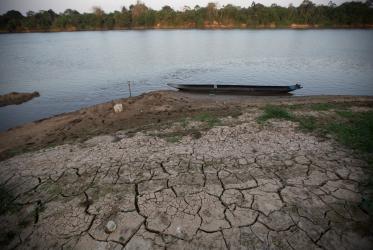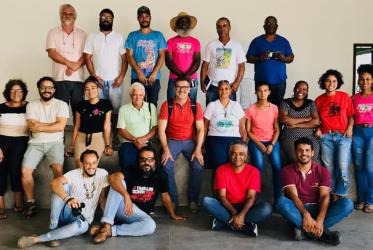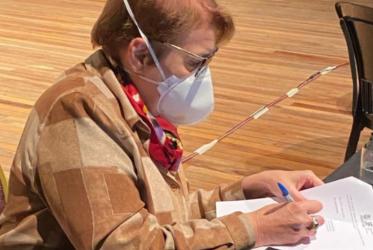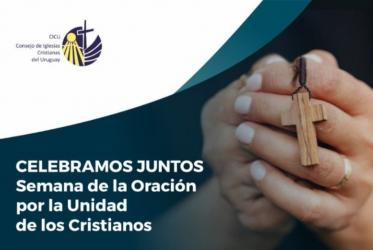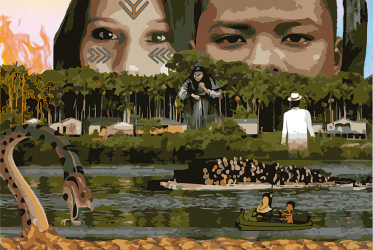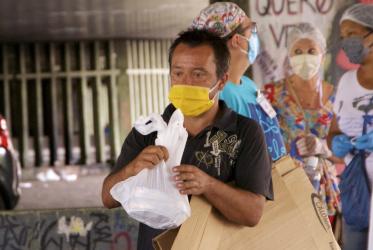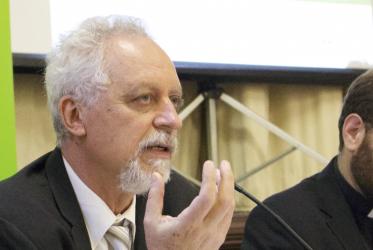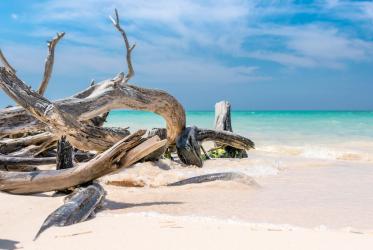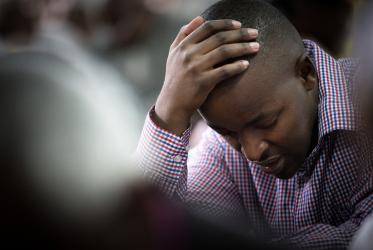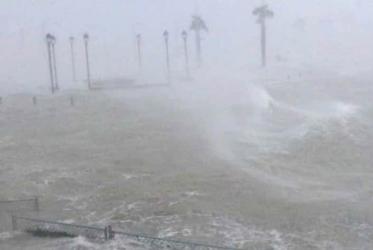Displaying 21 - 40 of 98
Brazilian ecumenical water network launched
29 July 2021
Pulling together for a living River Pardo
02 July 2021
In pictures: Week of Prayer for Christian Unity
01 February 2021
WCC podcast deals with death and dying
15 December 2020
WCC prays for Caribbean region in wake of strong earthquake
31 January 2020
Is God present - even amid hurricane’s wrath?
07 September 2019

